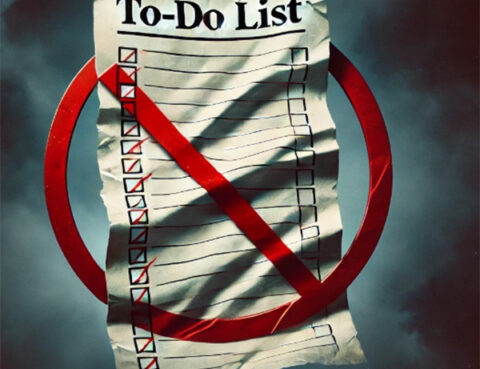While plans themselves may be of diminished importance as time passes and situations evolve, the exercise of creating a plan is truly worthwhile — it’s where the real value lives.
It’s no secret that today’s economic climate, where decisions from the federal government are made, then adjusted, then reversed, and then sometimes reinstated, has led to a great deal of uncertainty among nonprofits and businesses alike.
As I write this, we are 100 days into the new presidential administration. Needless to say, it’s been a time of chaos and great uncertainty, characterized by sweeping actions and dramatic changes across many sectors.
These past few weeks have been very busy for me: I have been reviewing an unusually large number of “pitch decks,” both in my entrepreneurship class and through the many pitch competitions at BU and Harvard in which I am involved.
A couple of years ago, I was invited to propose a project to a prospective client in the health & human services industry. The client had developed a “plan” previously (2019). He explained that he was now looking for help updating it.
Businesspeople hate uncertainty. Things go more smoothly when they are completely predictable and reliable. Unfortunately, that’s not how the world works — some degree of uncertainty is always with us.
In today’s digitized world, printing things, whether at home or in the office, has become less common. But it does still happen. And so, occasionally, I need to purchase paper.
I am writing this as the fall semester wraps up at Boston University where, as an adjunct professor, I teach a course in entrepreneurship. I end the class by having the students present an “investor pitch” to a panel of faculty and investors.
It was 1997, and we were planning the first remodel of our house. We invited Peter, a design-build contractor who came strongly recommended by a close friend, to come meet with us.
I received an email newsletter the other day on the topic of strategy. The recommendation? A one-year strategic plan.











